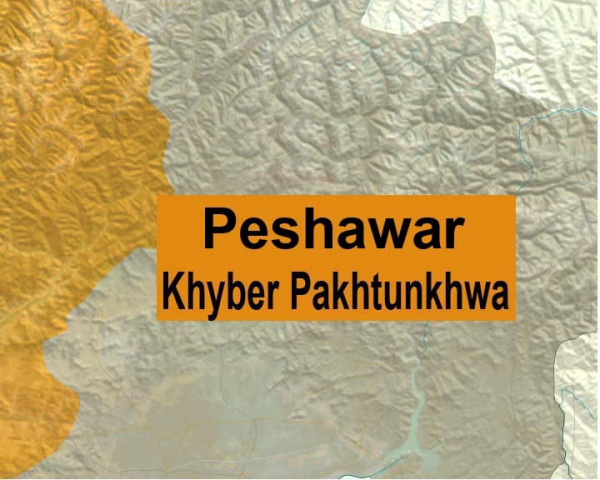Displaced: For IDPs, it is now a question of survival
2.5m is the number of people displaced from Khyber Agency since the start of the conflict.

It is not the first time Wasim Khan and his family of five from Khyber Agency have been displaced.
In 2010, they had to flee their village, Meri Khel because of fierce fighting between government troops and militants as well as between rival groups battling each other for control of the strategically significant area.
“At the time we stayed away from home for five months. This time who knows how long it will be,” Khan said, according to a report by IRIN, the UN information unit.
Khan has registered his family with the UN Refugee Agency (UNHCR) in Peshawar, so he can collect food and other aid to which internally displaced persons (IDPs) are entitled, visited two potential employers in search of work as a van driver. He has also enrolled his two elder children at the same private school they attended last time they were displaced.
More than 100,000 people have been displaced since January, mainly from Khyber Agency, as a result of a “recent increase in the intensity of fighting,” stated a press release by UNHCR.
The IDPs say they have been forced to flee either due to the proximity of fighting or because of warnings to evacuate by the government.
According to UNHCR, many people are arriving in Jalozai Camp near Peshawar, which houses 62,818 people and is now the largest IDP camp in the country. Before March 17, there were 47,134 IDPs in the camp.
“On March 29, we registered around 13,000 people, the highest number of IDPs registered in one day since the start of the new influx.
Most of the people moving out of Khyber Agency are opting to live with friends and relatives.
To ensure a smooth registration process we have set up two additional registration desks for off-camp IDPs in collaboration with the government, “ said UNHCR spokesperson Duniya Aslam Khan.
There have been several waves of displacement from Federally Administered Tribal Agencies since 2004. The biggest exodus, according to UNHCR, was in 2009 when over two million were displaced.
“This is the third time I am being forced to leave my home near Bara, a town in Khyber Agency, said Gul Jan, 50. He said his farm, where he grew vegetables and kept goats, had been “ruined” because of neglect, and the small shop he ran “is closed right now,” leaving him with no source of income.
The disruption of his children’s education also worries him. “I have not sent my three sons or my daughter to school since we came to Peshawar early in March.
“I really cannot afford to send them to a private school and the government-run schools are not worth going to,” Jan added. “We are very worried that they are missing out on their education.”
Those with no close relatives find it difficult to live with people they barely know.
“My school-fellow from Khyber, with whom we are staying, lives in a small house. I feel we are a burden on them since there are seven members in my extended family and there is no privacy for the women,” said Rahbar Khan, 25.
However, he believes life in a camp like Jalozai would be “even less dignified” with so many strangers.
IDPs worry about family members still in Khyber. “People continue to flee, there is intense fighting and there is just no way of knowing when we will return to our villages or when our lives will get back to normal,” Jan said.
Published in The Express Tribune, April 7th, 2012.













COMMENTS
Comments are moderated and generally will be posted if they are on-topic and not abusive.
For more information, please see our Comments FAQ